Authors:Allison Dodd, Partner
|
On October 25, 2021, the Equal Employment Opportunity Commission (“EEOC”) released updated technical assistance regarding religious accommodation requests to employer vaccination mandates.
This updated guidance comes in advance of the upcoming December 8, 2021 vaccination mandate deadline for federal contractors and in the wake of many employers independently requiring COVID-19 vaccination as a condition of continued employment for their employees. Section L of the EEOC’s technical assistance provides more comprehensive advice for employers on how to navigate EEO laws and vaccination requirements. To request a religious accommodation, employees need only communicate to their employer that they have a conflict between their sincerely held religious beliefs and the employer’s vaccine mandate. Best practice is for an employer to provide employees with the information on how to request a religious accommodation. Generally, an employer is to assume that an employee’s request for a religious accommodation is based on their sincerely held religious beliefs. However, an employer is justified in making a limited factual inquiry and/or may request additional information if that employer has an objective basis for questioning the sincerity or religious nature of an employee’s belief. If an employee’s objection to a vaccination requirement is not religious in nature, employers are not required to provide a requested accommodation as Title VII does not protect social, political, economic, or personal beliefs. Employers are required to thoroughly consider all potential reasonable accommodations for an employee – including remote work and/or reassignment – but an employer is allowed to choose the accommodation if there is more than one reasonable accommodation that would resolve the employee’s conflict between their sincerely held religious belief and a vaccination requirement. The guidance confirms that employers are not required to provide a religious accommodation if the employer can show that the requested accommodation presents an “undue hardship” to the employer’s business operations. Undue hardships include significant costs or disruption to business operations if the religious accommodation was permitted. Costs do not necessarily mean monetary costs and employers may consider all burdens to their business. Some examples of undue hardship include impairments to workplace safety, including the risk of spread of COVID-19 to other employees or the public, or the diminished efficiency of an employee in their role.
This article is intended to provide you with general information regarding the EEOC Updated Guidance for Employers Navigating Religious Accommodation Requests to Vaccination Mandates. The contents of this document are not intended to provide specific legal advice. If you have any questions about the contents of this article or if you need legal advice as to an issue, please contact Attorney Allison Dodd or another attorney from the Messner Reeves team. |



